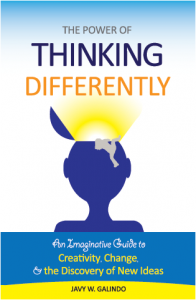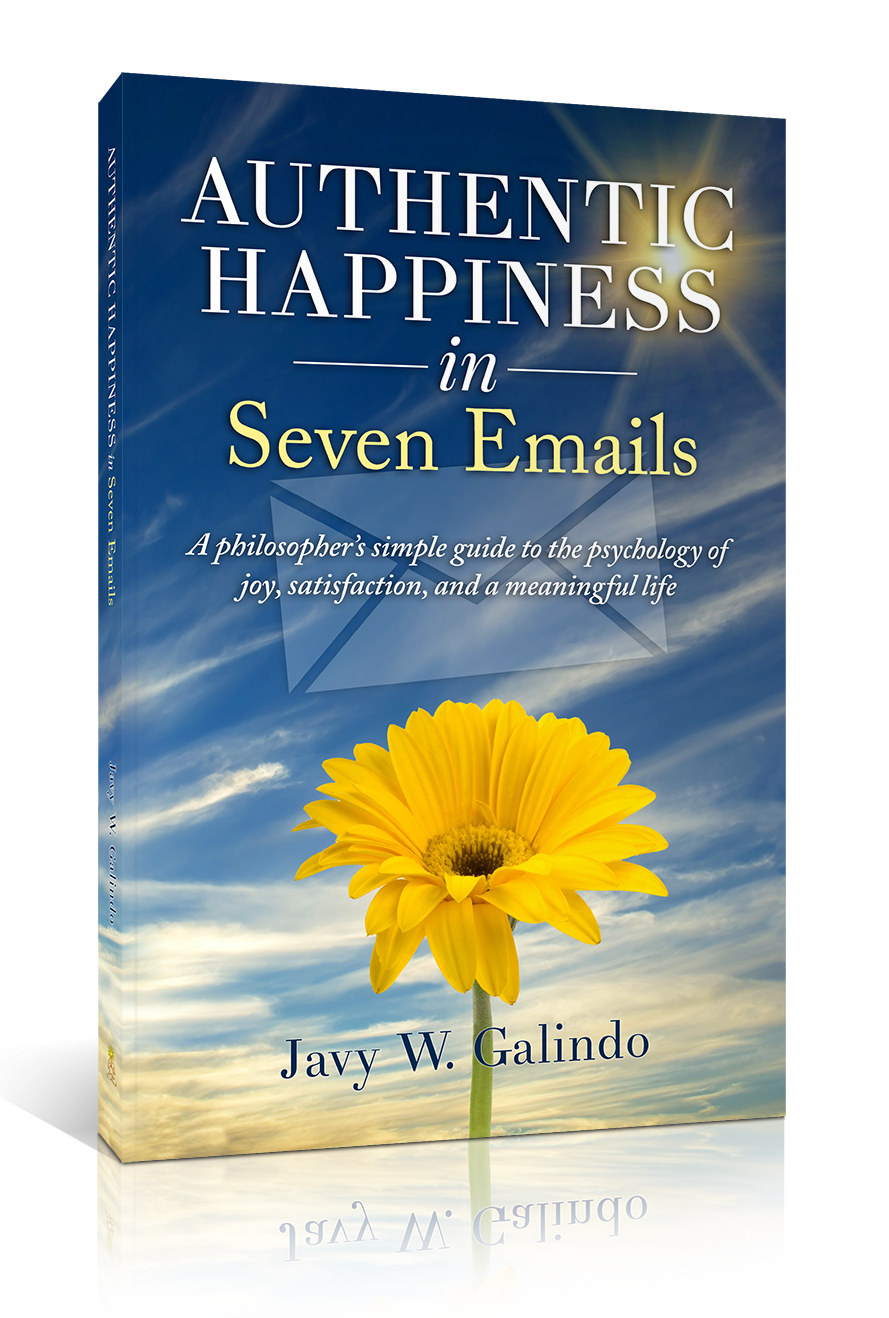
How do you deal with pain and unpleasant emotions?
It’s a question that came up for me when the passing of Robin Williams in August left millions, including myself, heartbroken. Do you ignore “negative” feelings, believing that everything is fine? Do you turn (or run) away from them, choosing instead to search for some source of positive feelings?
These are both common responses, especially if you implicitly believe happiness is synonymous with feeling good. As a result, in our culture, we often think of pain and other unpleasant feelings as the opposite of happiness.
However, for several reasons, this may be a mistaken view that can lead us to a misguided pursuit of happiness and, ultimately, to despair.
1. Neglecting Other Elements of a Happy Life
If we only believe happiness is about feeling good, we tend to over-appreciate pleasurable experiences. Our approach to happiness solely becomes the pursuit of positive emotional boosts: the better job, the bigger television, more alcohol, more shoes, grander achievement, or more passionate romantic relationships.
It’s not that the pursuit of pleasure is inherently bad. But if we think of it as the only approach to happiness, we forget how much of our happiness is also the result of gratifying experiences (gardening, reading a book, struggling through a painful run) and meaningful living (the experience of purpose, the sense that one’s life matters, and a sense of wonder); experiences that may not always be accompanied by feelings of pleasure.
2. Underappreciating the Purpose of Pain
Pain hurts. Suffering is unpleasant. So, it’s no wonder that bookstores and libraries are full of books (including my own) that describe ways of maintaining a happy life, in spite of the ups and downs of life that cause our pain and suffering.
Sometimes the pain is our own doing. You trip and break your nose before your wedding, and sometimes the majority of your suffering isn’t from the fall itself, but the result of your own unnecessary, exaggerated judgments about yourself, others, or your circumstances: I’m an idiot! Why didn’t those morons clean these floors! How could this happen to me! My life is ruined!
Sometimes the pain is the result of our holding onto regrets, thinking wishfully for a future we can’t have, or worrying about an imagined future full of battles, problems, and pitfalls that we have yet to encounter.
These experiences of suffering we can, and maybe should, limit.
But other times we suffer just because the experience hurts, and not because of the judgments we make about the experience. If you cut your finger, break your foot, or stand too close to a fire, you will feel pain. The pain here has a purpose. It prevents you from re-injuring yourself, from participating in activities before you are ready, before you’ve healed. It also gives you an indication of what sorts of endeavors may be dangerous to you.
The same is true of circumstances that injure us emotionally. You go through a divorce, witness a horrific event, experience a loss of a loved one, and you may feel pain. However, rather than treat the pain as a problem, we must realize it’s actually the solution to a problem. Just like with physical pain, emotional pain prevents us from re-injuring ourselves, from participating in activities before we are ready, before we’ve healed. It gives us an indication of what sorts of things may be dangerous to us: an unhealthy job, an unhealthy social environment, an unhealthy relationship, etc.
Hence, if we undervalue the role unpleasant feelings have in a happy life we might ignore our pains, rushing to mask them with more pleasurable feelings, not allowing ourselves to heal or seek the help needed to heal.
3. Avoiding Meaningful Living
Have you ever felt meaninglessness? Have ever felt like nothing matters? For some, these are the direct results of believing happiness is all about feeling good and doing everything possible to avoid pain and feeling “bad”.
In other words, if we continue to treat happiness as synonymous with feeling good, we can fail to experience a meaningful life.
One of the elements of a meaningful life is the sense that our actions matter. Some “unpleasant” feelings like stress and anxiousness occur because we know our decisions have significant consequences. If you want to avoid these feelings by “playing it safe”, you may also find yourself avoiding activities where your actions truly make any difference.
Another element of a meaningful life is that it be full of things you care deeply, fully, and passionately about. However, the more we love something, the more it will hurt when we lose it. We can feel deep pain from loss and failure (whether it is the passing of a loved one, a loss by your favorite sports team, or failing to achieve a certain goal) because we had the privilege of loving it equally as deep.
Some people fear these pains, having felt them before, that they avoid them at all costs. As a result, they inadvertently limit their exposure to meaningful experiences. We start believing that avoiding the feeling of pain leads to a happy life, rather than realizing that pain is critical to it: helping us to remember how full of meaning our lives are and have been.
Therefore, pain and other “unpleasant” feelings are not always to be avoided. Pain is how we grow, learn, and can help us feel satisfaction with our endeavors.
It can be a reminder that you have had a life worth living.
In this way, the pain than many of us felt from Robin Williams’s passing shouldn’t be avoided completely. Nor should many pains you experience from the loss of someone, or something, you love.
It should be felt deeply and passionately, and if possible, with gratitude.
So, on a personal note, thank you Robin Williams; thank you for making my life, and the lives of so many others, more enjoyable, satisfying, and much more meaningful.



